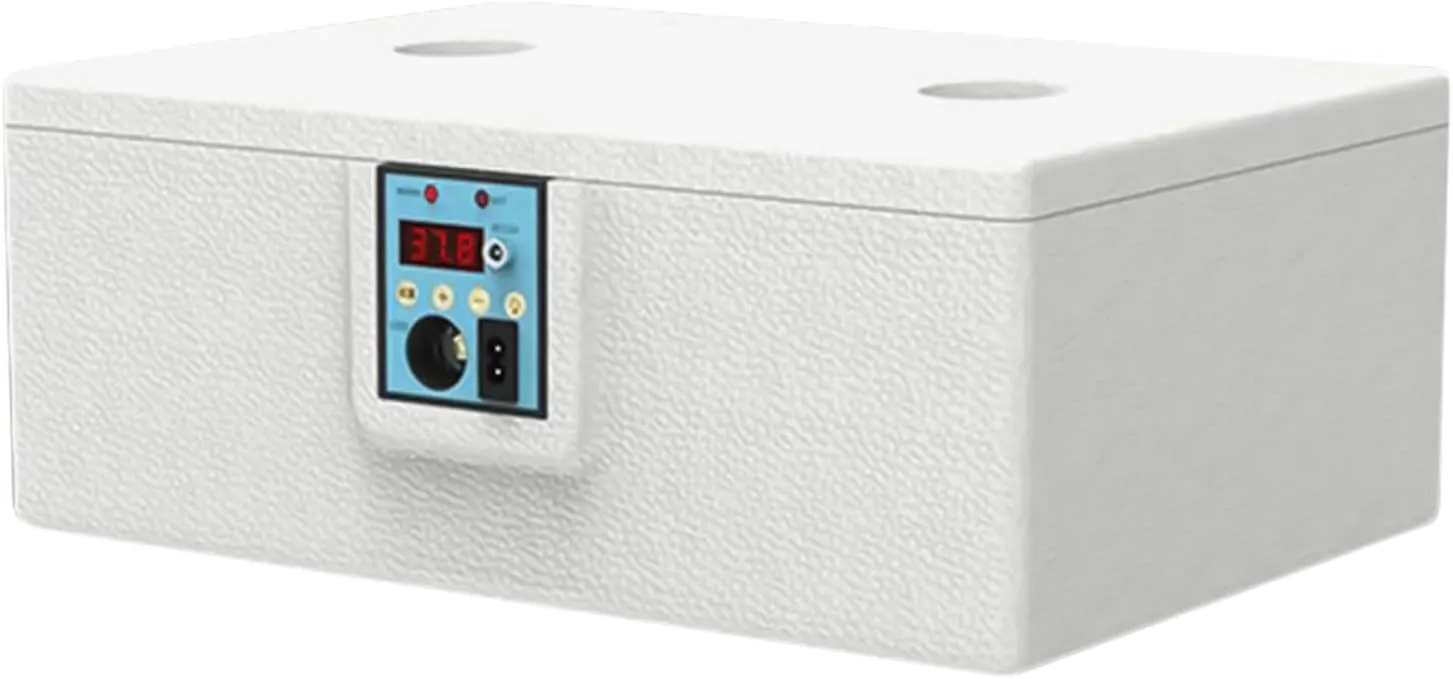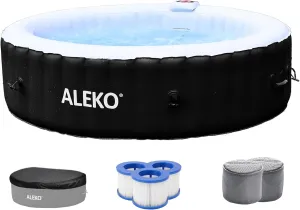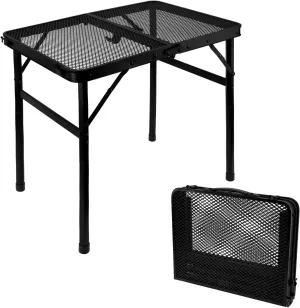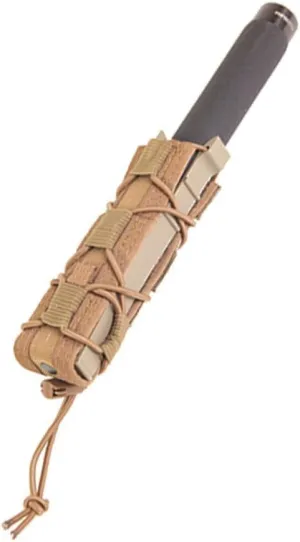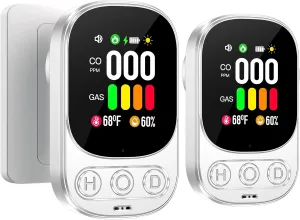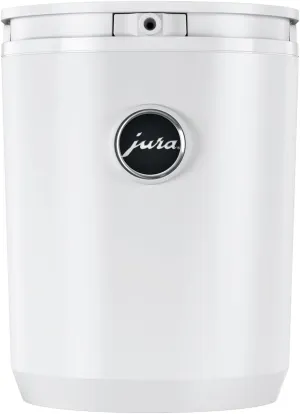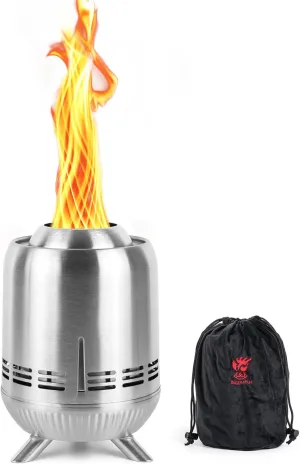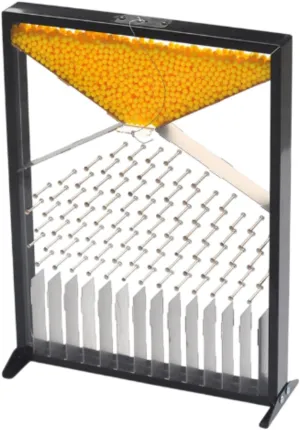- Natural Maternal Simulation: parrot egg hatcher Real-time monitoring enables a consistent atmosphere, simulating natural maternal care to improve survival rates with intelligent temperature control for hatching eggs effectively and safely
- Dependable Power Solution: Engineered with a safe electrical design that eliminates battery risks, the quail incubator operates on direct household power and features single-power adaptation mode to reduce complexity while ensuring stable performance for hatching eggs effectively
- Comprehensive Development Oversight: poultry farming incubation box Identifies infertile eggs and detects abnormal growth through step-by-step candling, ensuring key development stages are monitored for optimal visual progress tracking
- Consistent Shape Retention: Featuring robust materials, the temperature contro incubator provides perfect resistant to pressure and wear, ensuring it retains its structural integrity through extended use
- Versatile Egg Incubation: Egg Incubator Designed to incubate up to 42 chicken eggs and fitting duck, geese, or quail eggs, optimizing space usage through adaptable multi-egg capacity features
Product description
Equipped with intelligent temperature control, this incubation box works in creating ideal environments for poultry farming and home breeding. It handles eggs from chicken, ducks, geese, quail, and parrots effectively, supporting use in farms, labs, educational settings, and personal projects. Consistent heat regulation aids in achieving favorable hatching outcomes every time.
Specifications:
Name: Egg Incubator
Product size: about 43.5x32x15cm/17.13x12.6x5.91 inches
Material: ABS electronic components
Function: hatching chicken eggs, duck eggs, quail eggs, geese eggs
Guide to egg candling:
First candling: chicken embryos are incubated for 5-6 days, duck embryos are incubated for seven days, and geese embryos are incubated for 8 days. The purpose is to observe the development of the embryos and pick out infertile eggs, dead embryos, and broken eggs. At this time, the embryos that develop normally have a distinct vascular network that is distributed radially, and the diffusion surfaces occupies 4/5 of the egg body. There is an obvious black dot when candling, commonly known as a "single bead"
Second candling: chicken embryos are incubated for more than 10 days, and duck embryos and geese embryos are incubated for more than 20 days
Packing List:
Water bag*1
Watering can*1
Insulation cotton*1
Heating pad*1
Incubator*1
Charging cable*1
Note:
Due to different lighting and screen settings, the item color may be slightly different from the picture.
Due to different manual measurements, please allow a 1-2cm difference in size.
Single-power models can only use household electricity, and cannot be connected to batteries
Manufacturer Contact Information
Refer to description

